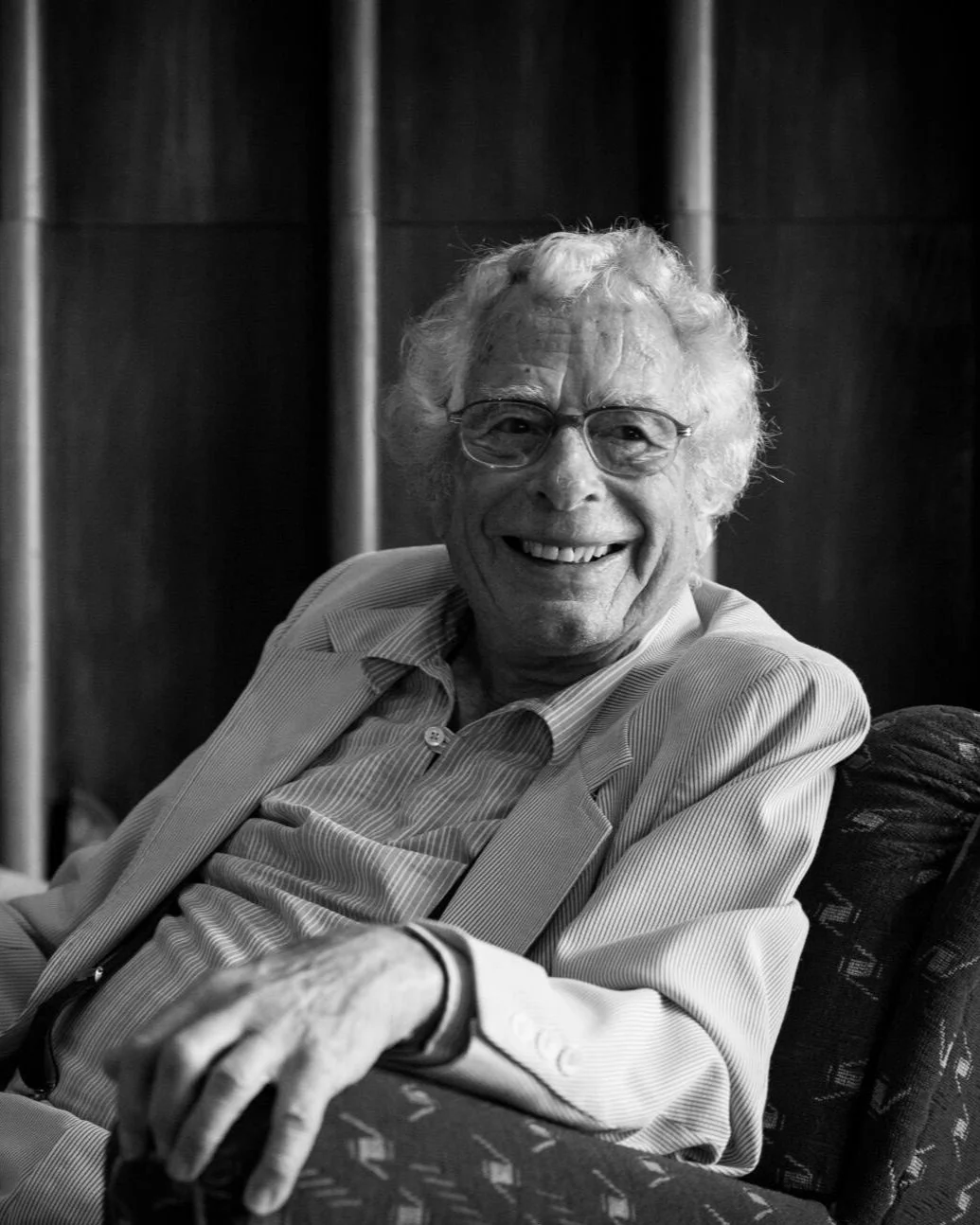WALTER LASSALLY
(18 December 1926 - 23 October 2017)
The German-born, British-Greek cinematographer Walter Lassally, who has died aged 90, came to notice during the 1960s Free Cinema movement. It was for that documentary initiative that he worked with Lindsay Anderson, Karel Reisz and Tony Richardson, and subsequently for Woodfall Films (which grew out of their time at the Royal Court Theatre in London). From 1946 Lassally worked on a number of shorts, including Lindsay Anderson’s industrial film Three Installations, The Children Upstairs, Green and Pleasant Land, A Hundred Thousand Children and Henry, all for the NSPCC. He also photographed Anderson’s Oscar-winning short Thursday’s Children about the Royal School for the Deaf. Passing Stranger was Lassally’s first feature in 1954, followed by Gavin Lambert’s Another Sky, A Girl in Black and A Matter of Dignity. Momma Don’t Allow and We Are the Lambeth Boys were among the first of the Free Cinema films from Reisz and Richardson along with Anderson’s Every Day Except Christmas, a portrait of the old Covent Garden market. Lassally brought a new and welcome freshness to cinematography with titles including Beat Girl, A Taste of Honey, The Loneliness of the Long Distance Runner and Tom Jones. He worked with director Michael Cacoyannis many times including on Electra, The Day the Fish Came Out and Zorba the Greek, for which Lassally won an Academy Award. In a career in which he photographed over a hundred films, Lassally was involved in all sorts of productions, from Peter Hall’s Three Into Two Won’t Go, Truffaut’s Black Flowers for the Bride, James Ivory’s Savages, Autobiograhy of a Princess, Heat and Dust and The Bostonians, to The Perfect Murder, Diary of a Madman and Simon Callow’s The Ballad of the Sad Café. His last film was the Turkish production Crescent Heart in 2001. Walter Lassally was married to Nadia Lassall. He died on the island of Crete.
MICHAEL DARVELL

